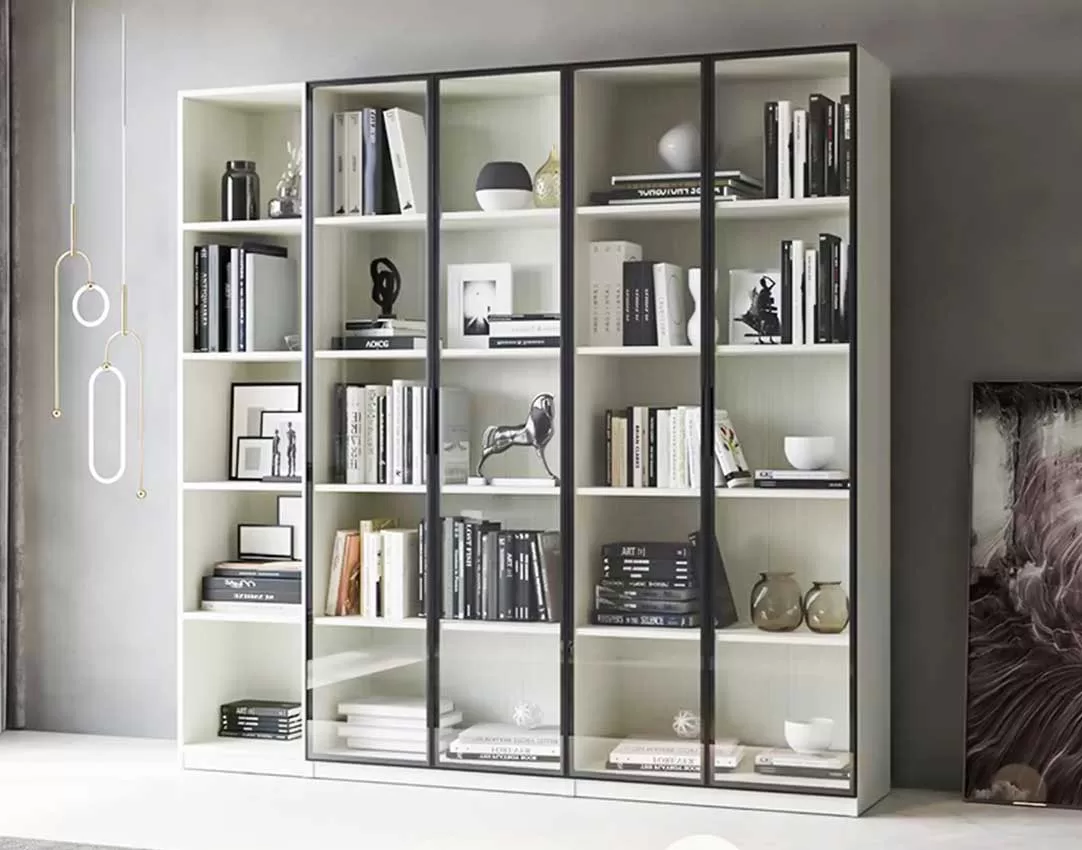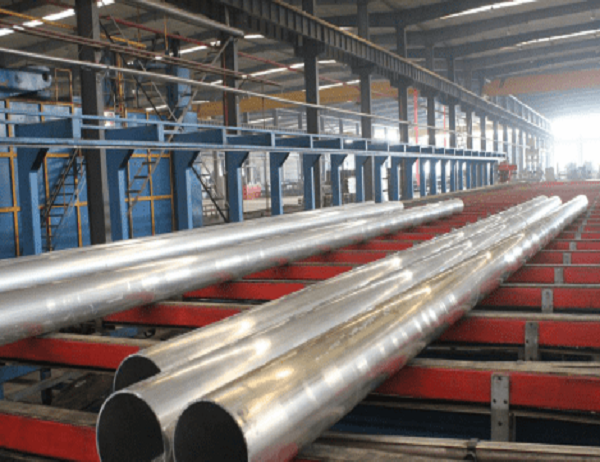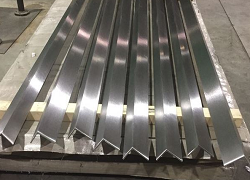When selecting solar panels for your property, it is crucial to consider the material used for the frames. Frames provide structural support, protect the panels from external elements, and influence the overall performance and lifespan of the system. Aluminum frames are a popular choice due to their durability, lightweight nature, and cost-effectiveness. However, other materials, such as steel, iron, and composite plastics, also offer unique advantages and disadvantages.
The ability to resist corrosion in harsh outdoor environments is essential for solar panel frames. Aluminum excels in this aspect. It forms a protective oxide layer on its surface, making it resistant to rust, moisture, and other corrosive agents. In contrast, steel frames are prone to rust, which can weaken the structure and compromise the longevity of the panels. Iron frames also exhibit susceptibility to corrosion, requiring regular maintenance to prevent degradation.
Strength and durability are critical factors for solar panel frames. Aluminum offers a good balance of these properties. It is lightweight yet robust, providing adequate support for the panels. The high strength-to-weight ratio of aluminum allows for thinner frames, reducing the overall system weight. Steel frames are stronger than aluminum but heavier, making installation and handling more challenging. Iron frames are also strong but may be more susceptible to bending or warping over time.
The cost-effectiveness of solar panel frames is a crucial consideration. Aluminum frames are generally more affordable than steel or iron frames. The lightweight nature of aluminum allows for reduced material consumption, leading to lower manufacturing costs. Composite plastic frames can also be cost-effective, but their performance and durability may vary depending on the specific material composition.
The weight of solar panel frames directly impacts the installation process and the structural requirements of the mounting system. Aluminum frames are lightweight, making them easier to handle, transport, and install. This lightweight feature reduces the burden on the roof or supporting structure. Heavy frames, such as steel or iron, may require additional support and reinforcement, increasing the installation complexity and costs.
Solar panel frames also contribute to the overall aesthetic appeal of the system. Aluminum frames are typically available in various colors, allowing for customization to match the property’s architectural style. Steel frames are less customizable in terms of color but can offer a more industrial or modern look. Composite plastic frames provide flexibility in shape and color, enabling designers to create unique and visually pleasing installations.
The choice of frame material for solar panels depends on a careful assessment of specific requirements, including corrosion resistance, strength, durability, cost-effectiveness, weight, and aesthetics. Aluminum frames offer an optimal combination of these factors, making them a popular choice. However, steel, iron, and composite plastics may be suitable alternatives in certain applications or where specific considerations outweigh the advantages of aluminum.



